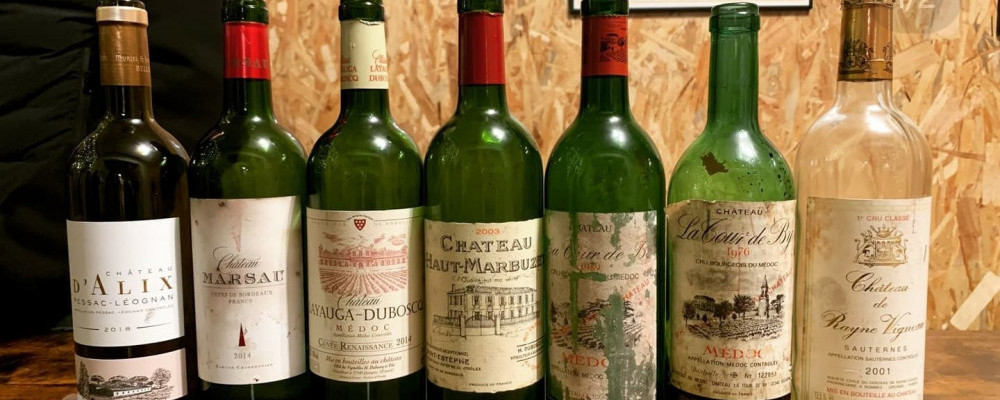
What makes Bordeaux wine special?
Bordeaux has become inescapable. Whenever there is a conversation going on about wines, Bordeaux’s name is bound to get out. If you’re at a tasting (with no theme), Bordeaux is going to be present. No restaurant or bar can open without having any Bordeaux wine.
Bordeaux has become the reference and strongly influenced the New World in wine.
But, what makes Bordeaux wine special?
The perfect match between terroir and grape variety
The first reason that makes Bordeaux wines special is its climate. Indeed, Bordeaux is often considered the perfect wine country.
However, if we look into it, it’s not as perfect as can be.
Indeed, Bordeaux is located in a temperate oceanic climate and enjoying the Gulf Stream effect, a WARMING ocean current that extends the vegetative cycle of the vine. However, the ocean brings its share of RAIN, and therefore significant humidity.
The Landes forest and the coastal dunes make it possible to avoid the worst by protecting the vineyards from storms.
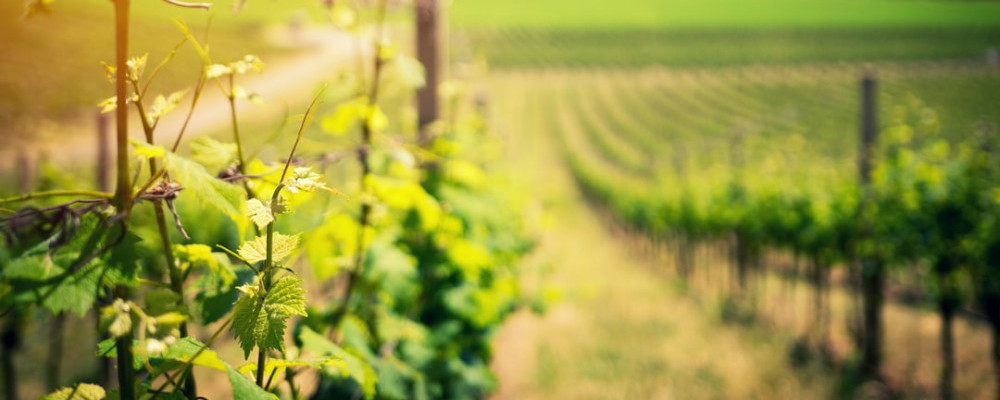
Thus, Bordeaux is subject to the VINTAGE effect, and the wines produced be a blend of several grape varieties. Indeed, it would be too risky to count on only one…
But its soil however matches perfectly with Merlot and Cabernet Sauvignon.
By the way, Bordeaux is home to Cabernet Sauvignon. The crossing between Cabernet Franc and Sauvignon Blanc, which gave birth to Cabernet Sauvignon, was made in Bordeaux.
The RIGHT BANK has a lot of clay, and blue clay especially in the Pomerol area, which is a rare kind of soil. Clay soils have a high water retention capacity (which is useful in times of drought). However, these are heavy and cold soils. Thus, early ripening grape varieties are more suitable, which makes it perfect for Merlot. These soils give fleshy and powerful wines.
The LEFT BANK has essentially graveled soils. They are a mixture of pebbles, sands and clays. The pebbles are brought by the Garonne and the Dordogne. These soils absorb and transmit heat, which is ideal for Cabernet Sauvignon, a late-ripening grape variety. The wines are elegant with fine tannins, firm in their youth.
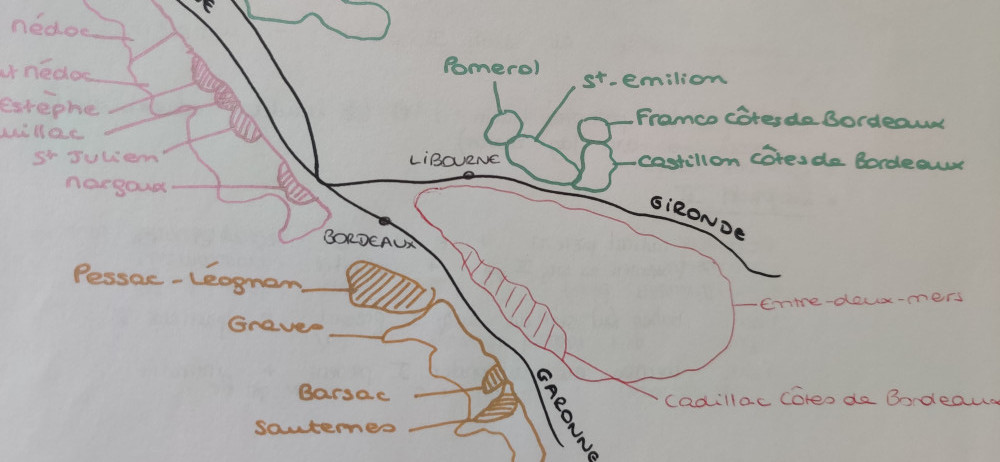
Climate change is actually good for Cabernet Sauvignon. These past few years, we were able to see this grape variety fully ripen without going overboard.
If you want to know more about the impact of soil on wines, I’ve written a whole article on the subject.
ANECDOTE : If you are curious about tasting Bordeaux wines, made like they used to or with the maximum “terroir effect”, I would recommend you visiting Liber Pater. The winemaker Loic Pasquet makes wines from indigenous grapes varieties grown on ungrafted vines
Its aging potential
Bordeaux wines usually age well due to their high level of tannins and acidity and their concentrated flavours. Some wines can even age up to 30 years. I would recommend checking it after 30 years because, usually, it would then be on the decline. And after waiting 30 years, you wouldn’t want it to go to waste.
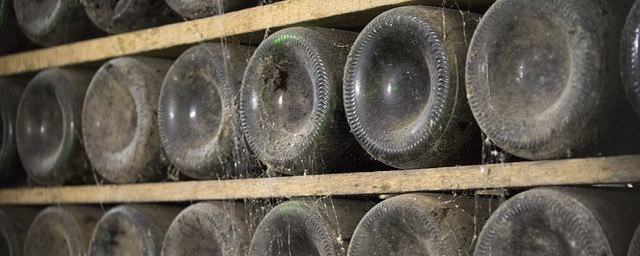
This makes it also a worthwhile investment and explains a lot about the prices you can encounter for several Bordeaux wine.
Its history …
Like many success stories, let’s go back at how it all started.
In the Middle Ages, Bordeaux was quite out shadowed by la Rochelle. Bordeaux wines were ignored besides the ones from la Rochelle. For instance, in the edit of 1199, Bordeaux didn’t even appear in the list of the wine regions in France.
However, wars against Guyenne started. And Bordeaux used these wars to shine for England. La Rochelle, having betrayed the latter, fell into disgrace and England started getting busy exporting Bordeaux wines (used to be know as Claret. By the way, the Brits still call Bordeaux Claret. If you want to know why, go read the full article on my website).
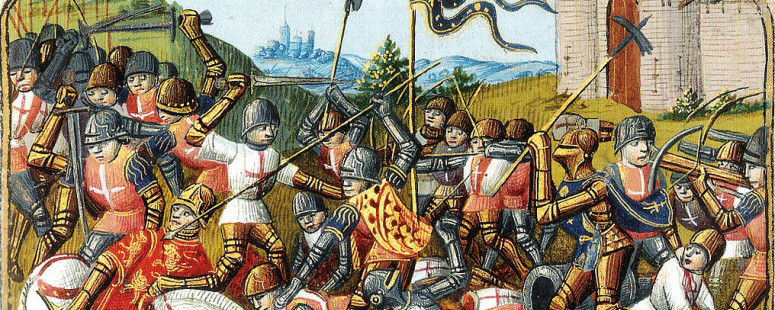
Bordeaux was already a city of trade and its harbor was well-known. But from now on, Bordeaux was an important city in wine trading…with its wines. Its influence grew so, Bordeaux managed to impose the “Bordeaux privilège”, meaning only wines from Bordeaux could be purchased.
So what makes Bordeaux so popular or even what makes Bordeaux the best? Its history! Bordeaux has been producing fine wine for centuries and has always been considered a city of experience. Not only was it able to adapt depending on the wishes of its clients (take the Dutch for instance –get the full story here-), it influenced the New World a lot.
My WSET 2 teachers always said : “If you want to learn about wines, start with Bordeaux!”
… and the prestige associated with it
As most of you know, Bordeaux is associated with prestigious “Châteaux” (this means wineries). And some have prestige written all over it, although the vineyards are usually rather small.
Take Petrus for instance. If you ask someone who lived on the 1800 what Petrus was, they would have absolutely no ideas. This brand formed in the 1990s, ie in the last century!
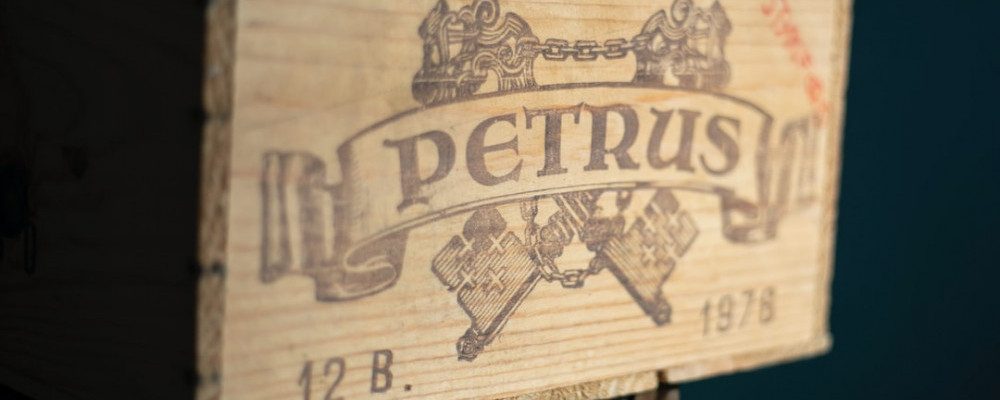
The bottles were sold for the late Queen Elisabeth II’s wedding. (and we do know how the whole world adores the British monarchy!). So Petrus scored high with that one.
But it didn’t stop. John F. Kennedy publicly declared it was his favorite wine and the famous wine enthusiast, Robert Parker gave Petrus a 100 (out of 100) score.
So we’ve got prestige with Petrus.
But moreover, Petrus has a VERY small vineyard, so now we’ve got exclusivity.
Mix PRESTIGE and EXCLUSIVITY and you get yourself a wine with a cosmic price!
Same story goes for Château Yquem and Haut-Brion for example.
Another source of prestige for these wines is the 1855 Classification. For reminder’s sake, this classification of Médoc and Graves wines was established in 1855 (on order of Napoleon III). They were classified by VALUE on the market mostly and not quality. However, being called “Cru classé” and especially the “Grand Cru Classé” give them an aura of prestige, which sometimes differ from quality…
Its large palette of styles
What makes Bordeaux wine so special to the common people (like you and me) is its large palette of styles. In this wine region, there is literally a wine for everyone.
Bordeaux produces still DRY WHITE wines from Sauvignon Blanc mostly. It also produces sweet white wines, the best being in the Graves region.
Bordeaux produces SPARKLING white and rosé wines. It also produces still rosé wine, called Clairet (not to be mixed up with the “Claret” from the Brits).
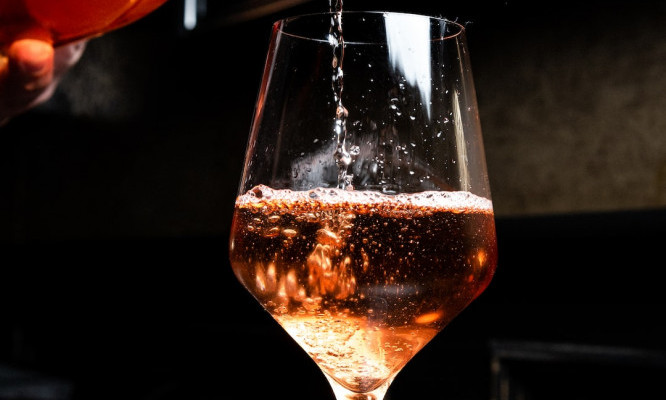
And of course, Bordeaux produces RED wine, which represents most of its production. But even in the red wines, there are different styles. With the Merlot-dominated wines, ie the wines produced on the Right Bank of the Garonne, you’ll get more fruit aromas than those on the Left-Bank, Cabernet-dominated wines.
If you want to know more about Bordeaux wines, I recommend you read the full article.
Moreover, Bordeaux is not ALL about expensive wines. You can find the large majority of wines affordable and some even under 20 euros. These wines are still appellations wines. This means they follow a strict set of rules which guarantees QUALITY.
These specifications concern the selection of the grapes and the maximum yield for example.
By limiting the YIELD, the flavors are more concentrated in the berries, which will make more concentrated wines, which is preferable.
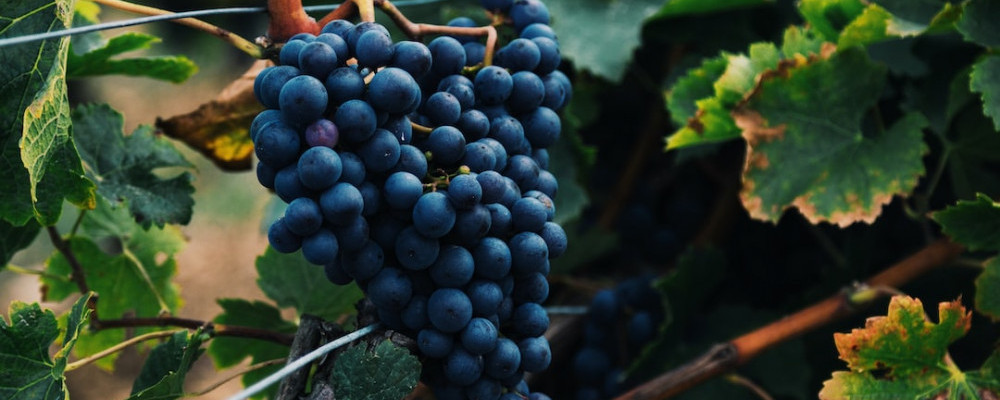
In July, a lot of GREEN HARVESTING is done in Bordeaux for example. Man wine growers will remove extra bunches of grapes on the vine. This will help balance the leaf area and concentrate the flavors.
Balancing the leaf area means the grapes will reach better ripeness. Indeed, the leaves are responsible for the photosynthesis, that produces the sugar in order for the grapes to ripen. So if the leaf area is not well-balanced with the number of berries, some will never reach full ripeness.
Another rule in Bordeaux is HAND-harvesting. This enables the winemakers to choose their berries and select the best ones. If you have the best grapes, chances are you’ll produce the best wine you can. By not using ALL the grapes they can produce, Bordeaux focuses only on the healthy grapes.
The absence of IRRIGATION helps enhance the terroir effect, which makes Bordeaux so particular.
Bordeaux has over 57 appellations making it the largest producer of wine appellations in the country. You’re bound to find one for YOU!
And if you want to taste beforehand which one you like best, sign up to a wine club (like SomMailier, which brings French wine directly from France to your doorstep, you will find the full review here) or just head off to Bordeaux (I prepared a five-day schedule)
All in all, Bordeaux is special due to its terroir and the perfect match it is to Merlot and Cabernet Sauvignon. It’s also due to the prestigious wineries known throughout the world (and their cosmic prices) and its history of course!
But what really makes Bordeaux special to most of the population is its large palette of styles. There is a wine for everyone and we can all find what we are looking for!
Let me know in the comments what you found!


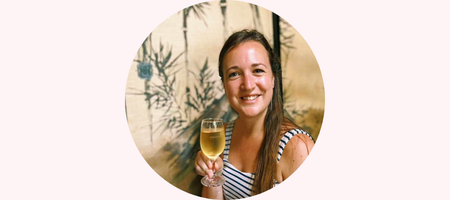

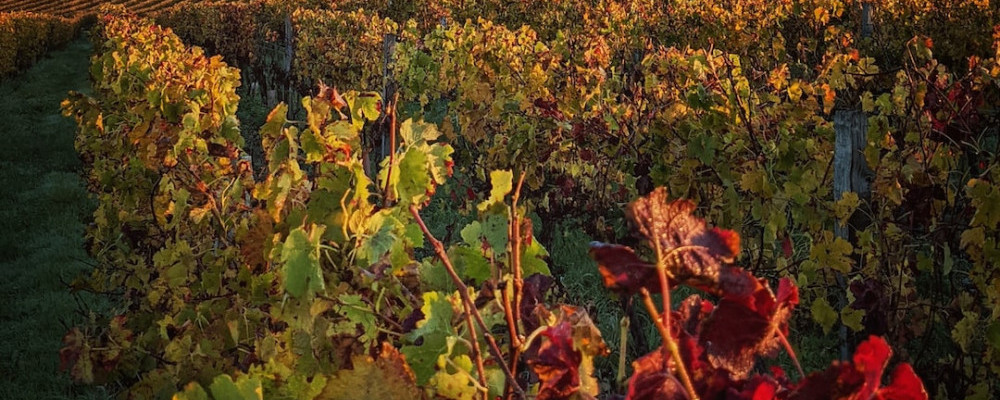
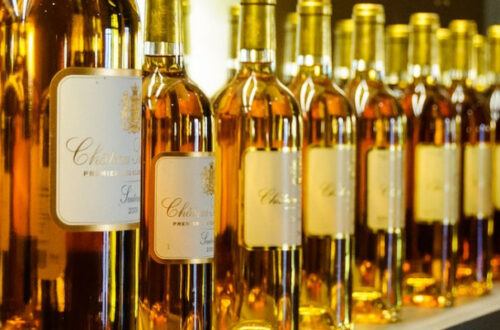
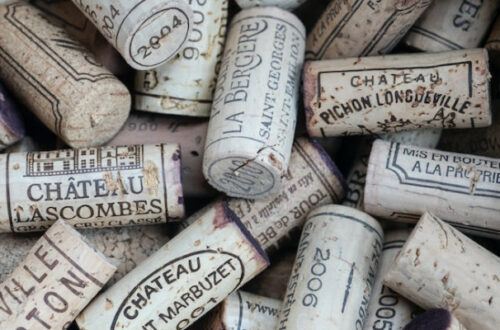
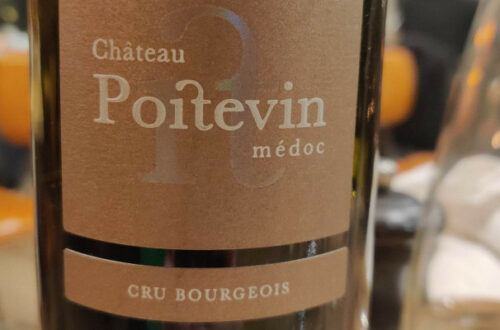
2 Comments
Harmony
Thank you for the info about Bordeaux wine. I leave in a country where it is not so easy to get these Bordeaux wines. But I do have a sure plug that helps me out. But there I this one that I got and it kind of tasted different. I was wondering whether there are counterfeits. Please do you know?
Mademoiselle
Thank you Harmony for your comment and stopping by. Unfortunately, there are counterfeits, like most good things. If you are interesting to get Bordeaux wines, I recommended wine club : such as SomMailier or LGV (you will find the reviews on my website) if you want to make sure you get authentic Bordeaux. Otherwise, Vivino works well too (I already ordered wine via this app).